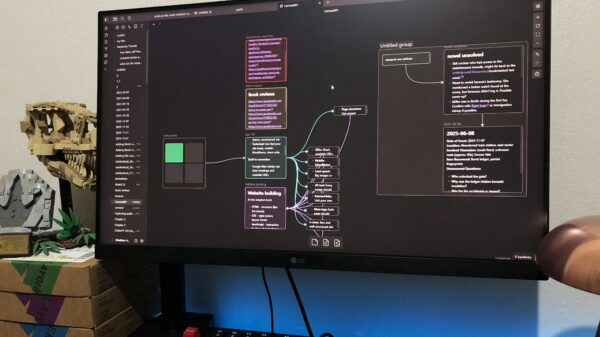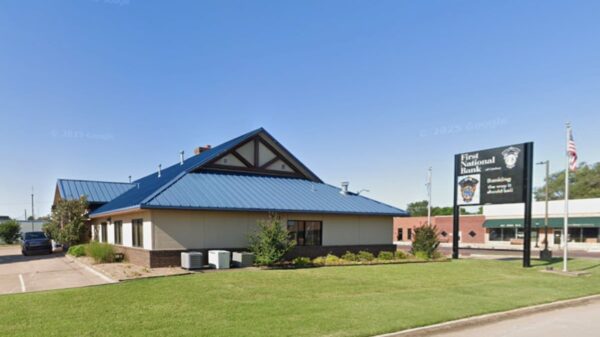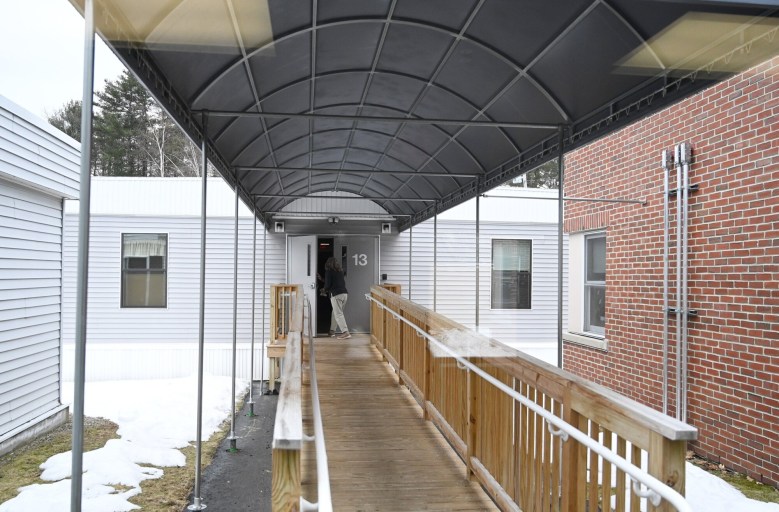Residents of Scarborough are gearing up to participate in an important referendum aimed at addressing the urgent needs of local schools. Lacey Bell, a parent and community member, has publicly declared her support for the proposed investment in neighborhood schools, emphasizing the necessity of improving educational facilities for children and educators alike.
Bell reflects on her own positive experiences in a “school within a school” model during her elementary education in Freeport. She supports a similar initiative in Scarborough, believing it could provide financial efficiencies and long-term benefits. However, she acknowledges that community sentiment has shifted, with a significant majority advocating for the preservation and enhancement of existing neighborhood schools.
The current state of Scarborough’s school buildings has raised concerns among parents and educators. Bell, a mother of three children in the district, notes that the facilities are deteriorating. She highlights the learning time lost due to inadequate shared spaces and the reliance on shipping containers for storage. Despite these challenges, teachers remain committed, fostering nurturing environments for students.
Education in Scarborough extends beyond academics; it involves shaping young individuals into compassionate and inquisitive members of society. According to Bell, educators deserve facilities that reflect their dedication and creativity. She stresses that the community is asking teachers to accomplish too much with insufficient resources.
The financial implications of delaying school improvements are significant. Bell cautions that construction costs will not decrease, and deferred maintenance issues will persist without intervention. She argues against politically motivated “not to exceed” figures, asserting that they do not adequately address the urgent need for investment in educational infrastructure.
While acknowledging concerns about the tax impact of the proposed changes, Bell urges residents to view the situation through a broader lens. She believes that investing in children’s learning environments is invaluable and encourages community leaders to devise strategies to mitigate the financial burden on families.
This plan, though not without its imperfections, emerges from comprehensive community input and compromise. It aims to maintain the cherished neighborhood school model while remedying existing structural deficiencies. The proposal has garnered support from a majority of citizens, as it addresses both tradition and the pressing need for improvement.
Bell also addresses concerns regarding property values, asserting that robust public schools are a key driver of home value in any community. She argues that investing in schools is not only a moral obligation but also a wise financial decision. A “Yes” vote is positioned as a commitment to creating a vibrant, attractive, and resilient community.
This referendum transcends mere physical structures; it poses fundamental questions about community priorities. Scarborough residents are invited to consider whether they will champion their youngest citizens and the educators dedicated to their success. Will they respond to years of public feedback with meaningful action?
Bell expresses her intent to vote “Yes,” emphasizing that her decision is rooted in a desire to do what is best for children, even if it requires adjustments to initial plans. She hopes other residents will join her in supporting this crucial investment in the future of Scarborough.





































































